Diversity Council Australia (DCA) and major sponsor IAG have announced the return of the highly anticipated Diversity Debate, the premier event in the diversity and inclusion (D&I) calendar.
This year’s debate takes place on 22 October 2024 in Sydney and will tackle one of the most pressing issues facing Australian organisations in 2024: polarisation. Are our divisions impeding progress towards genuine equality? Or do they ignite a sense of urgency and a drive for change? These are the issues the debate teams will interrogate with this year’s debate question: Is polarisation holding diversity and inclusion back?
Don’t miss the D&I event of the year
Join industry leaders and colleagues for an entertaining evening of networking, dinner, and insightful discussion. The evening promises not just a rigorous examination of this timely topic but also lively entertainment from six high-profile speakers from various sectors, guided by renowned journalist Patricia Karvelas as the master of ceremonies.
With support from major sponsor IAG, supporting sponsor Suncorp and associate sponsor Telstra, the DCA and IAG Diversity Debate will take place at Doltone House, Jones Bay Wharf in Sydney and includes networking and canapes followed by a two-course dinner.
This year’s teams
The debate teams are made up of a mix of industry leaders, experts and comedians, including:
For the Affirmative – Yes, polarisation is holding D&I back:
- Dee Madigan – Executive Creative Director, Campaign Edge
- Michael Hing – Comedian, broadcaster, actor, improviser, and podcaster
- Thomas Mayo – Assistant National Secretary, Maritime Union of Australia and award-winning author.
For the Negative – No, polarisation is not holding D&I back:
- Graeme Innes AM – Former Commissioner, Australian Human Rights Commission
- Niki Kesoglou – Executive Manager Culture, Inclusion & Community, IAG
- Lou Wall – Multi-award-winning comedian, composer, and content creator.
Don’t miss this unique opportunity to stay informed and engaged with the latest in workplace D&I. Tickets are limited – secure yours today and be part of this important conversation.
For more information and to purchase tickets, visit Diversity Council Australia.
Quotes attributable to DCA CEO Lisa Annese:
“The Diversity Debate is more than just an event; it’s a platform for exploring the complexities of diversity and inclusion in today’s polarised world.
“This event is a unique opportunity to hear from industry experts and participate in impactful conversations aimed at breaking down barriers during a time when it seems there is more to divide us than unite us.
“Join us as we unpack the most pressing questions facing workplace diversity and inclusion in a format that is equal parts entertaining and thought-provoking.”
Quotes attributable to DCA Chair Sunita Gloster:
“Workplaces across Australia are facing increasing challenges due to polarisation and are searching for ways to ensure all employees feel safe, supported, and included.
“This year’s Diversity Debate delves into the heart of this issue which impacts every workplace, providing an opportunity to challenge perspectives and spark meaningful conversations in an entertaining and enlightening forum.”
Speaker quotes
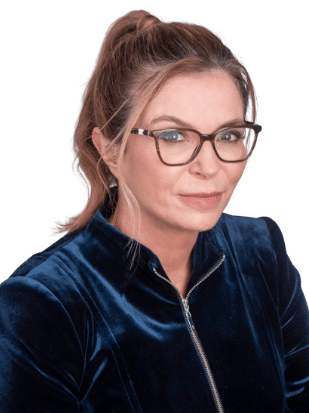
Dee Madigan, Executive Creative Director, Campaign Edge:
“Of course, polarisation is holding back diversity and inclusion. Because that’s in the best interest of those who currently have the power and platforms to polarise, and the most to lose from diversity and inclusion.
“Polarisation is a deliberate strategy employed against diversity and inclusion. It is hard to ask people to feel empathetic, which is required to support D&I, when they are feeling scared and angry. The Voice to parliament campaign proved just how much easier it is polarise than to depolarise.
“Polarisation is effective because it allows the “If you win, I lose” feeling to grow. Each side views the other as a threat to their way of life, so they listen in defence instead of empathy. The political benefit from polarisation means even centrists within political parties support people like Donald Trump. So, the centre disappears (or at least is very very quiet) and extremist views dominate and become the norm.”
Thomas Mayo, Assistant National Secretary of the Maritime Union of Australia and award-winning author:
“Diversity and inclusion can only be achieved when workers are open and empathetic to the various perspectives they come from – the opposite of polarisation.
“When our people have come together for the common good, we have achieved the greatest legacies for our children, despite our differences.
“It is simple common sense to knock down the walls of polarisation so that opportunity may flow.”
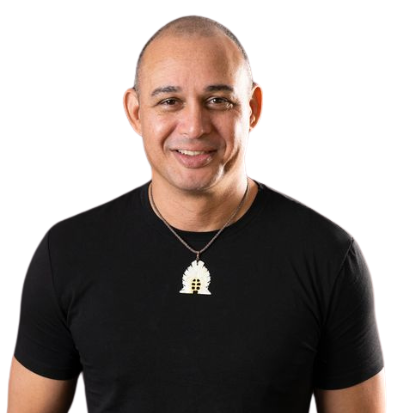
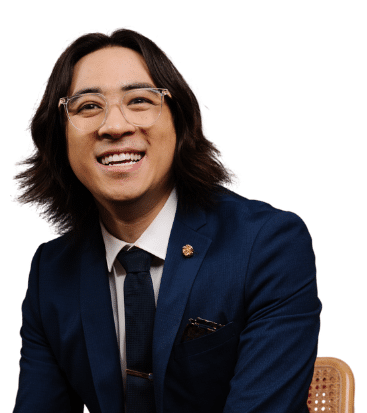
Michael Hing, comedian, broadcaster, actor, improviser, and podcaster:
“I’m going to look up definitions for all these words but I promise you once I’ve done that, it’s all over for these debaters.”
Niki Kesoglou (she/her), Executive Manager, Culture & Inclusion, IAG:
“Polarisation can be a formidable catalyst for change. When issues are intensely debated, new thinking can emerge which closes the gaps that DEI strives to address.
“Divergent views are an opportunity to ignite conversations, share ideas, and develop understanding and empathy for other viewpoints. Without healthy debate, the status quo will forever remain. Polarisation can often create the pressure needed to achieve progress.
“Diverse perspectives drive innovation, problem-solving and advancement of ideas. Positive change is not sustainable without first understanding and acknowledging different viewpoints. Organisations that leverage polarisation to their advantage rather than shying away from it will foster a resilient, safe and inclusive workplace for all.”
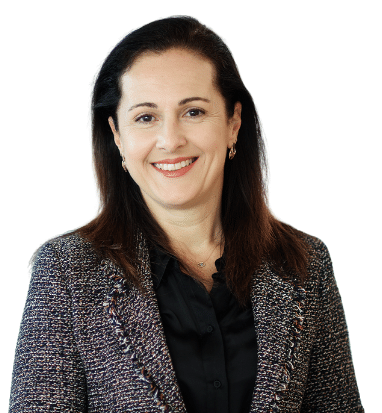
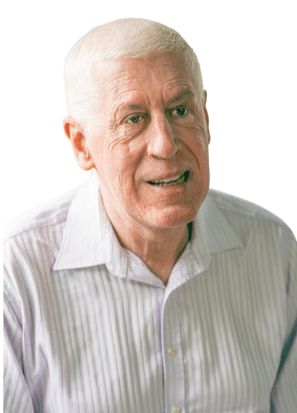
Graeme Innes AM (he/him), former Commissioner, Australian Human Rights Commission:
“Diversity and inclusion is about who is at the table. Polarisation is about what people choose from the menu.”
Lou Wall (they/them), Multi-award-winning comedian, composer and content creator:
“Polarisation, (much like a debate) divides us into opposing sides. But diversity by its very definition rebuts the idea that we can be reduced to such unnuanced oppositions. So instead – let’s look at polarisation as distracting but ultimately harmless hubbub.
“One heckle doesn’t bring a comedian’s set to a halt, a kazoo won’t stop a parade. And even a really bad cover of Wonderwall by a pitchy street busker won’t make you abandon Oasis. Diversity and inclusion is a quiet achiever that can’t be stopped by the background noise polarisation creates for its victory dance.”
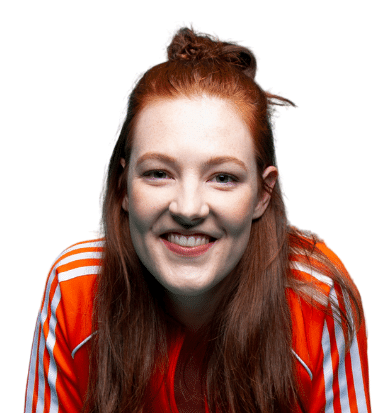
[Ends]
Note: A media release inclusive of comments from Lisa Annese, Diversity Council Australia CEO, and highlights from the debate will be distributed shortly following the event. Lisa Annese and debate speakers are available for comment and interview from 15 October.
Media Contact
DCA: Ali Coulton | media@dca.org.au
About DCA
Diversity Council Australia is the independent not-for-profit peak body leading diversity and inclusion in the workplace. We provide unique research, inspiring events and programs, curated resources and expert advice across all diversity dimensions to a community of over 1,300 member organisations. Our member organisations are estimated to employ over two million Australians, representing almost 20% of the workforce.
